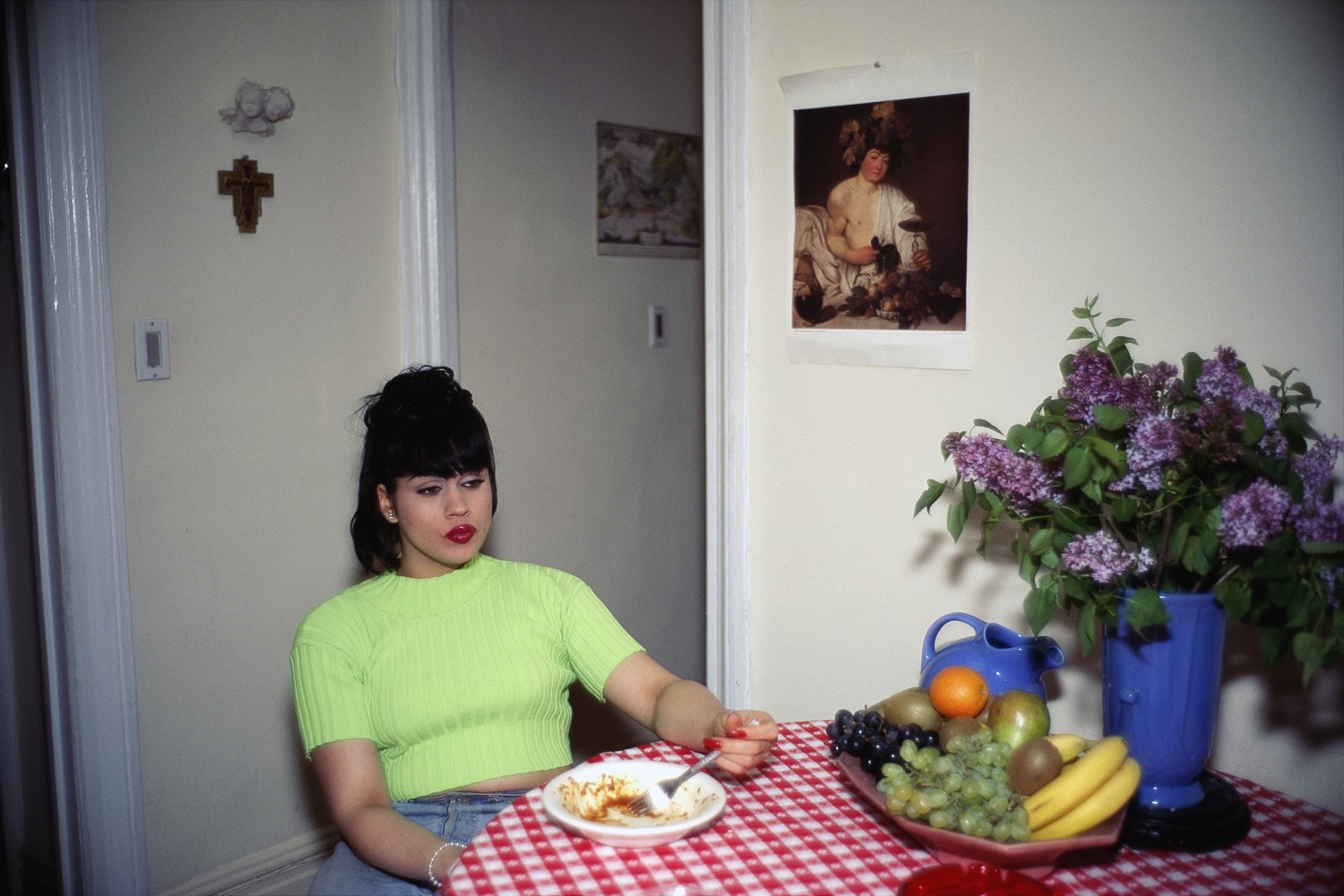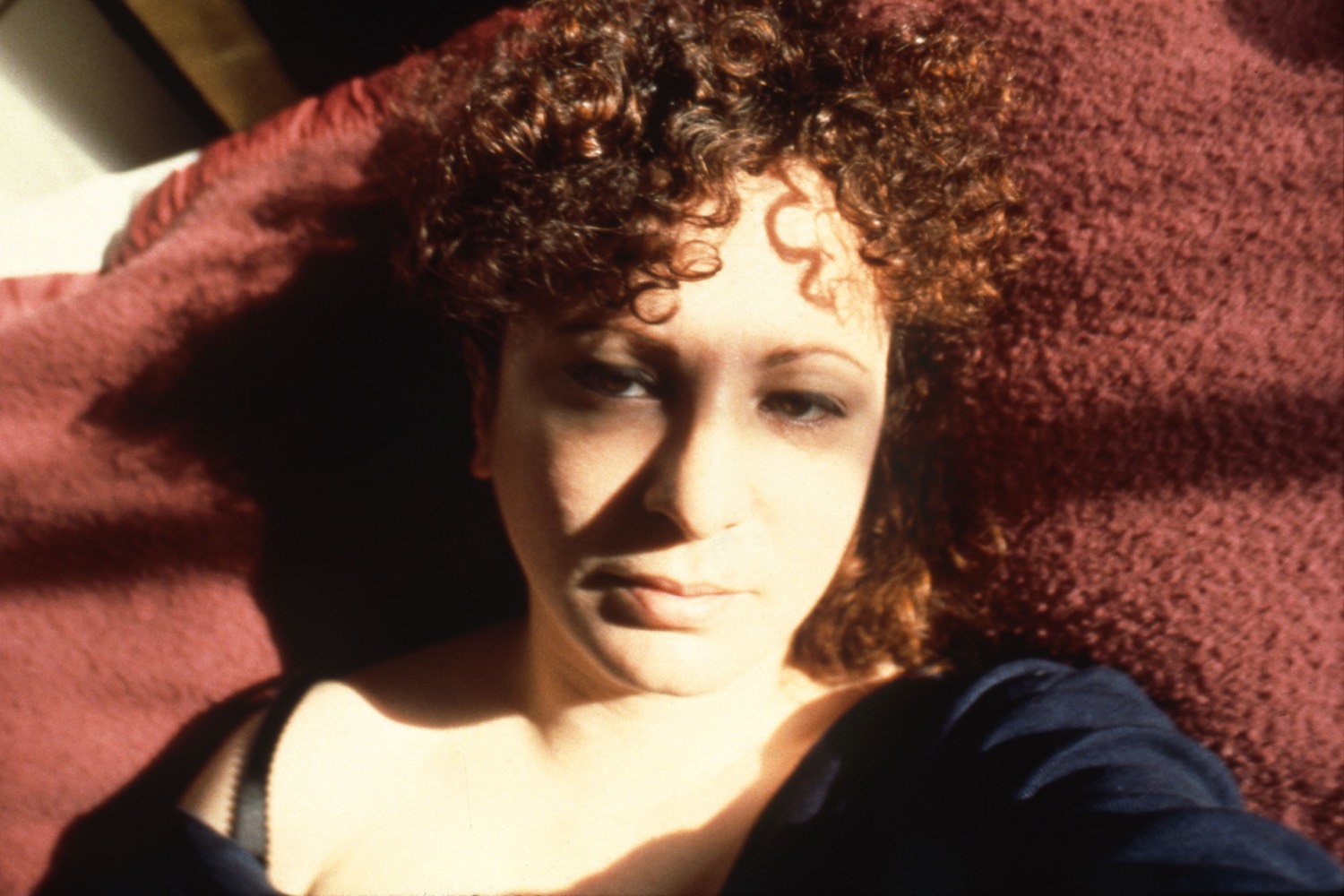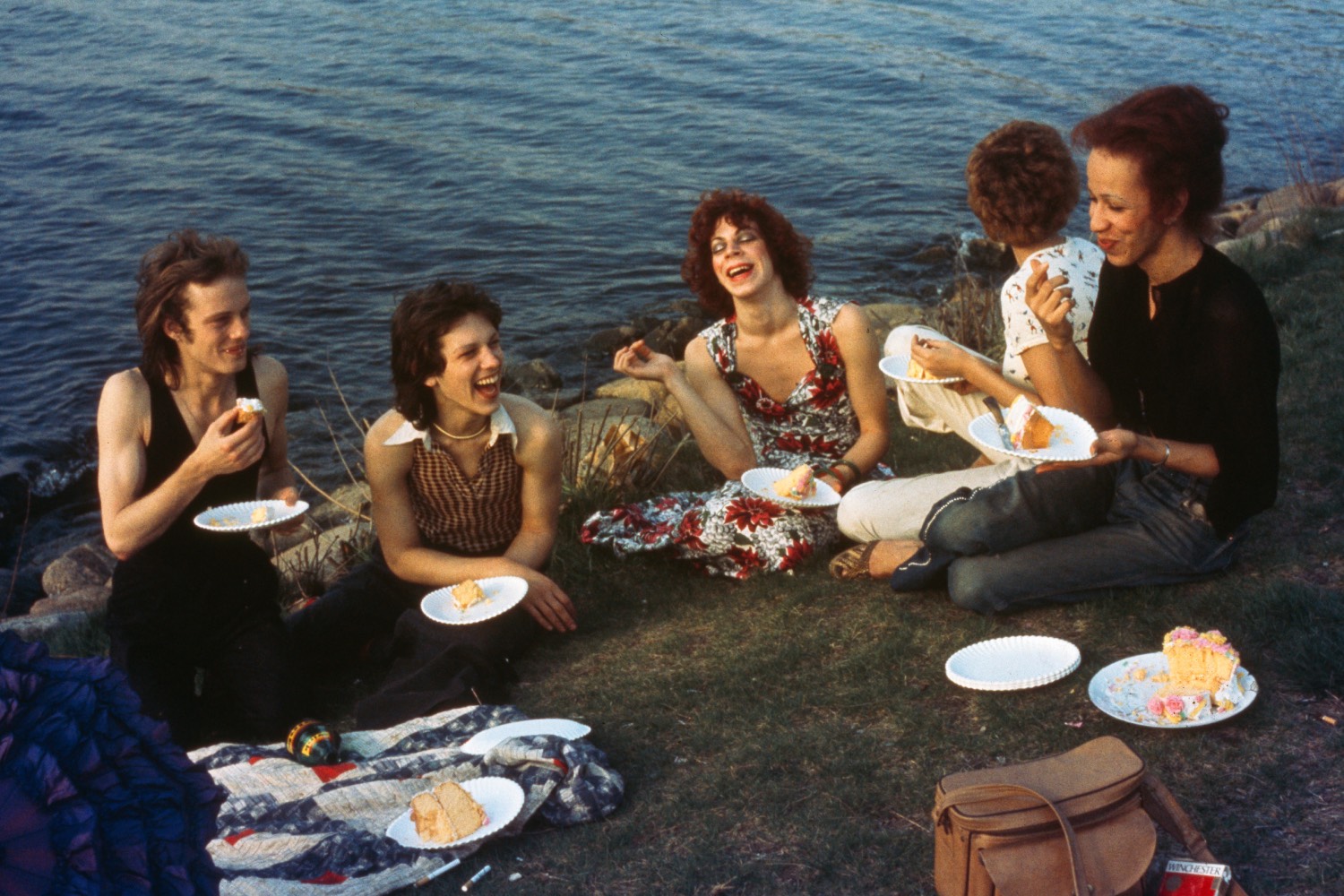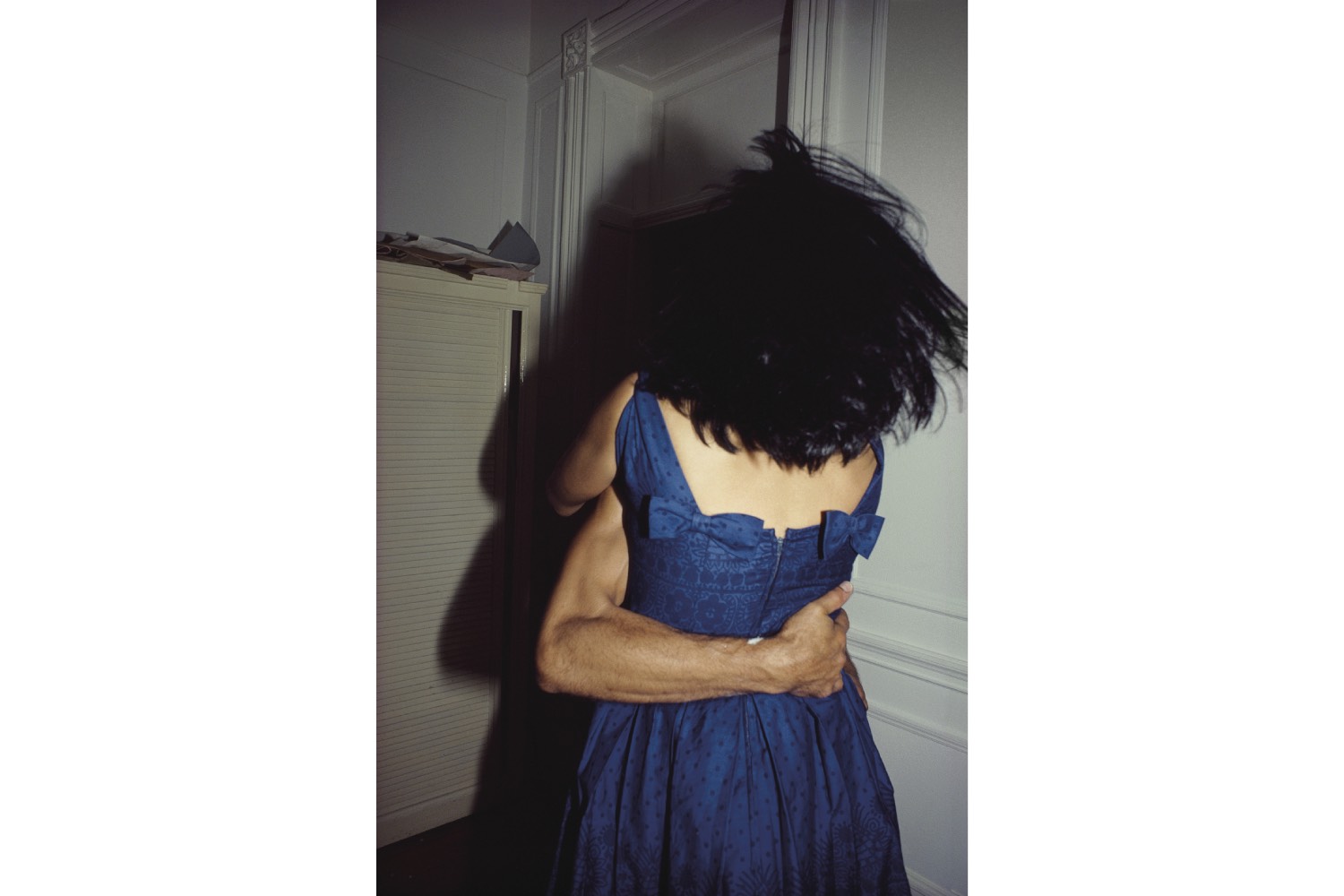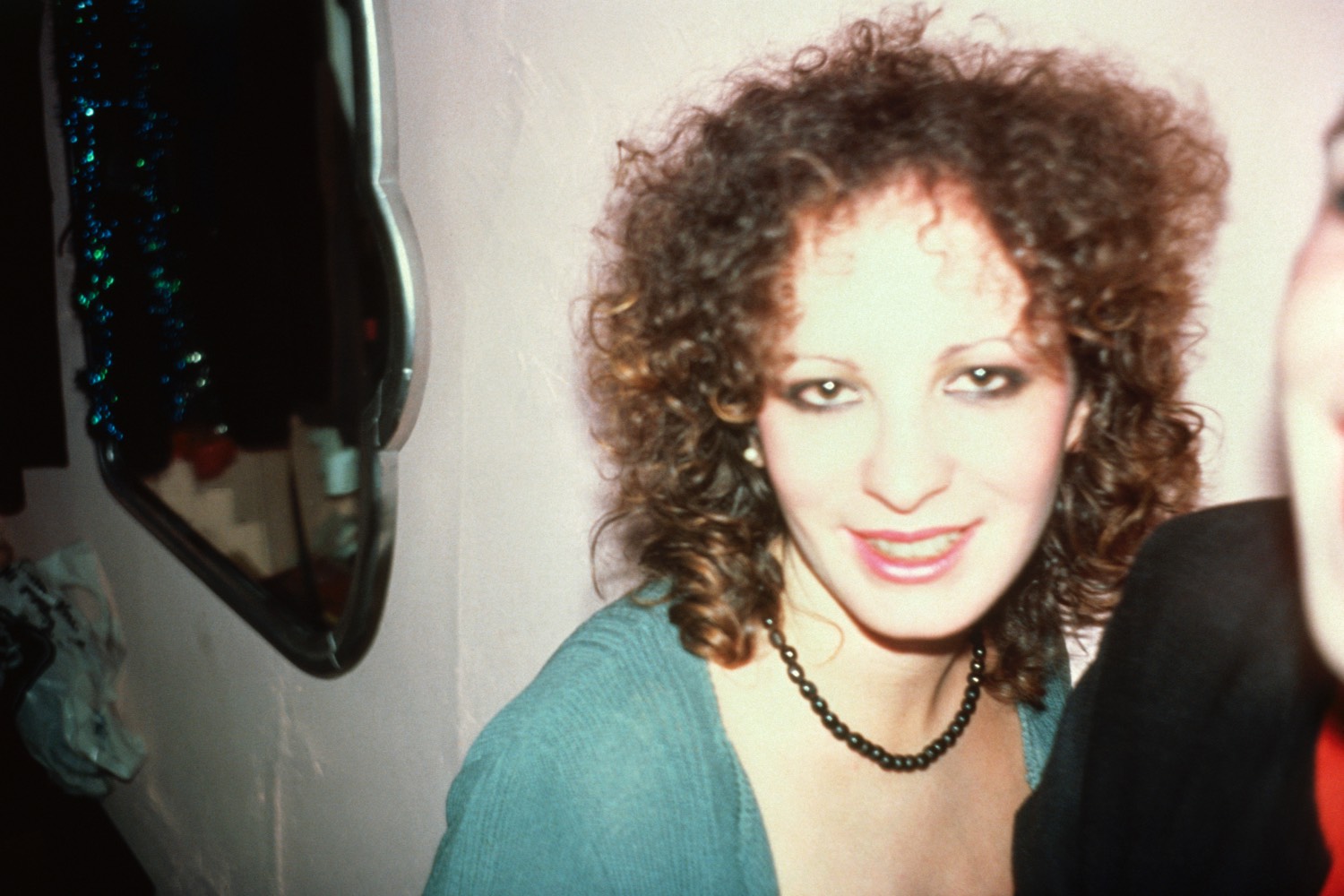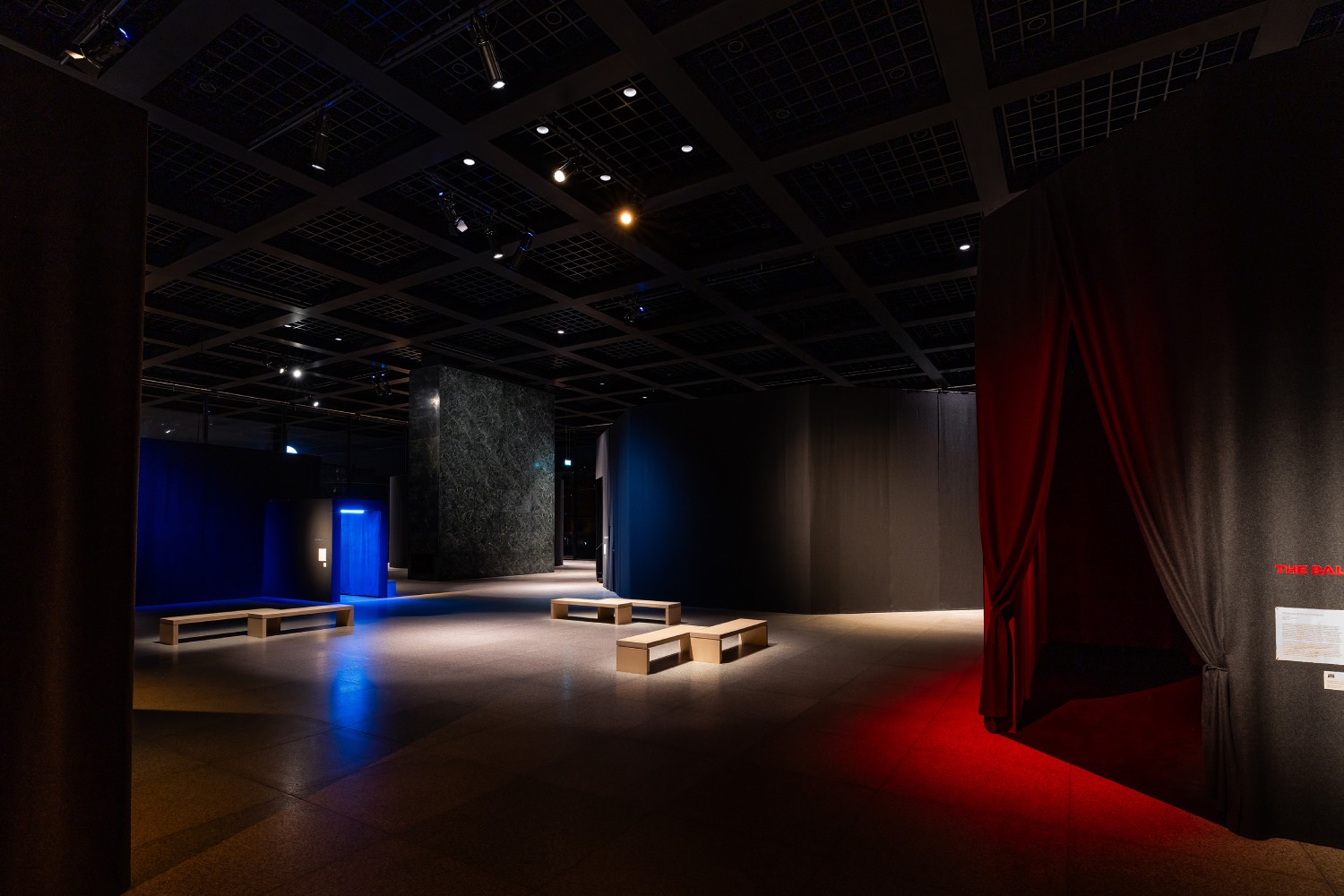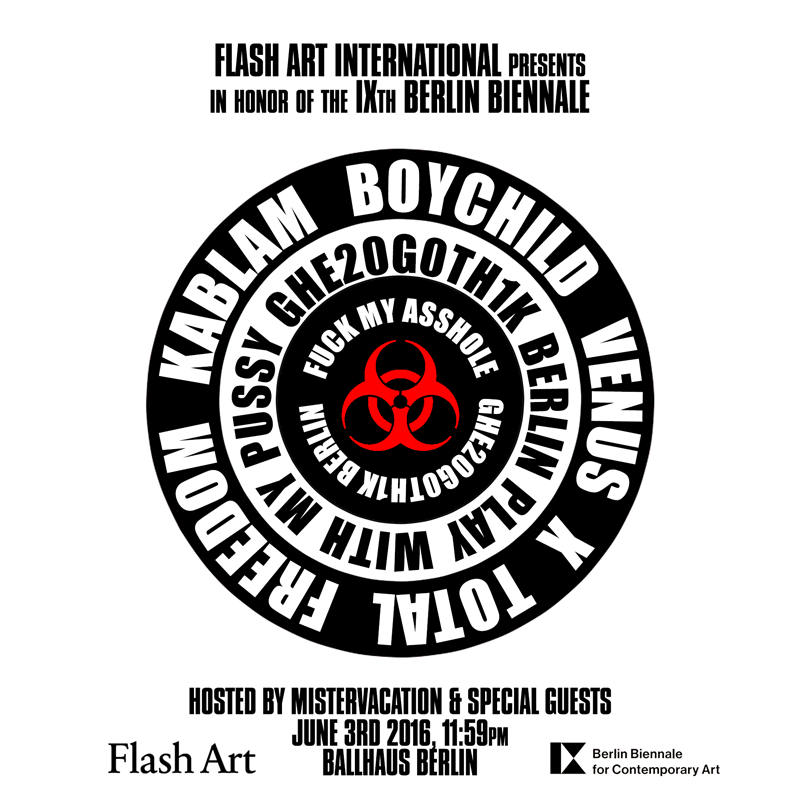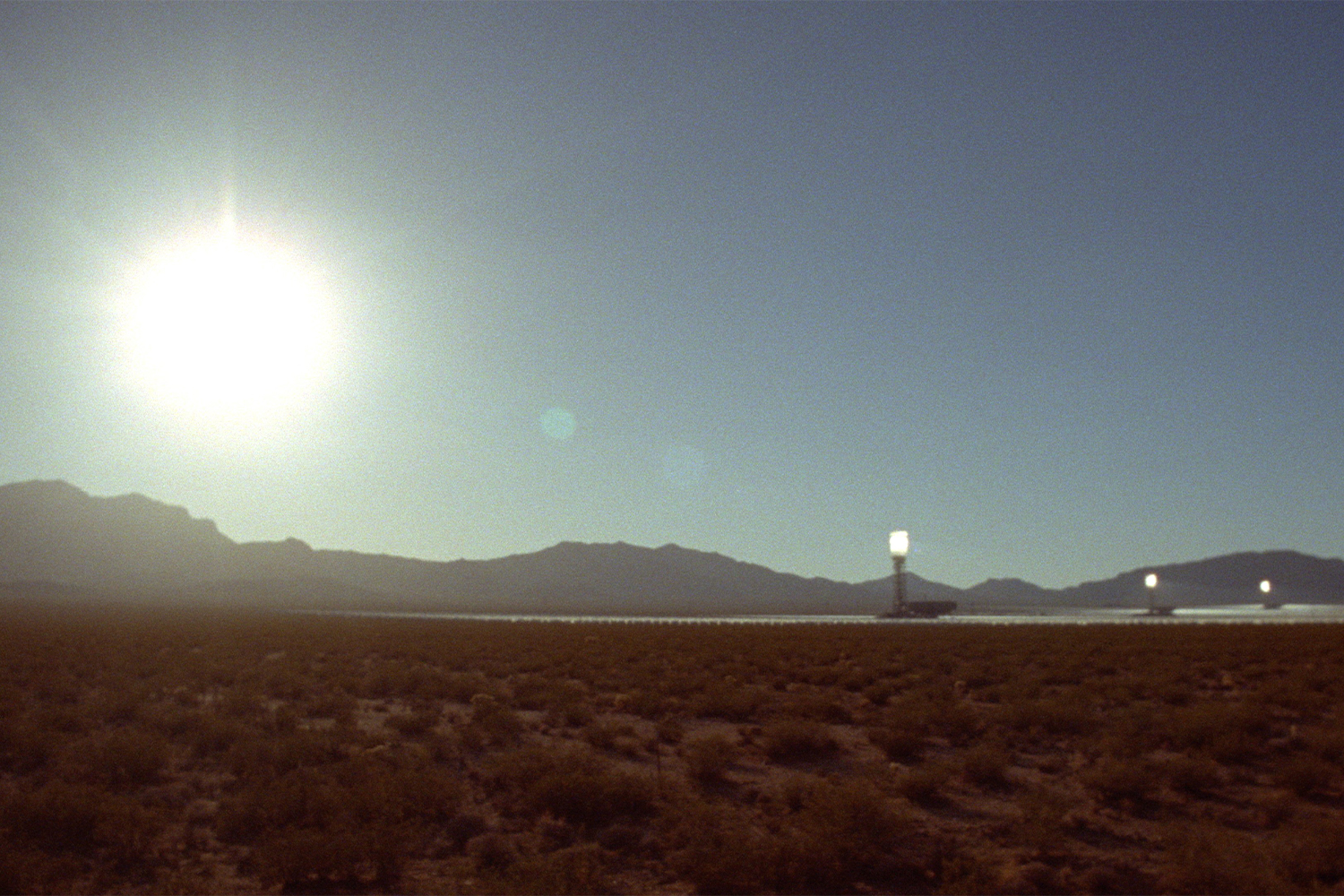Nan Goldin’s retrospective, “This Will Not End Well,” is a monumental and deeply moving journey through the acclaimed photographer’s life and work. As the first comprehensive survey of Goldin’s oeuvre in Germany, it stands as a testament to her unparalleled ability to capture the raw, unvarnished truth of human experience.
The exhibition’s unique design, conceived by architect Hala Wardé, is a stroke of brilliance. Six buildings, each dedicated to a specific body of work, form a metaphorical village that visitors can explore. This architectural approach not only enhances the experience but also emphasizes the interconnectedness of Goldin’s projects, creating a holistic narrative of her artistic journey.
At the heart of the exhibition is Goldin’s magnum opus, The Ballad of Sexual Dependency (1979–86). This ever-evolving slideshow, updated and re-edited over four decades, serves as both a time capsule and a living document of her inner circle’s lives in New York, Berlin, and London, capturing moments of intimacy, revelry, and the complex dance between autonomy and dependency. The inclusion of multiple projectors and a carefully curated soundtrack transforms the viewing experience into something akin to cinema, fulfilling Goldin’s long-held desire to be a filmmaker.
Other significant works in the exhibition include The Other Side (1972–92), a heartfelt tribute to Goldin’s trans friends; Sisters, Saints and Sibyls (2004–22), bravely confronting family trauma and suicide; Fire Leap (2010–22), offering a rare glimpse into childhood; and Memory Lost (2019–21) and Sirens (2019–20), which explore the harrowing realities of drug addiction and withdrawal, as well as the ecstatic highs of substance use.
What sets this retrospective apart is its unflinching portrayal of Goldin’s activism, particularly her work with P.A.I.N. (Prescription Addiction Intervention Now). By spotlighting her campaign against the Sackler family’s role in the opioid crisis, the exhibition demonstrates her commitment to using art and influence for social change.
At the exhibition’s opening on November 22, Goldin delivered a powerful speech advocating for Germany to seriously consider calls for a Gaza ceasefire amid the Israel-Gaza conflict.
This stance, tied to her endorsement of an Artforum letter last year calling for a Gaza ceasefire, drew criticism from some German media, with allegations of antisemitism due to the letter’s initial omission of Hamas’s October 7, 2023, attack. Goldin addressed these claims, stating, “The term antisemitism has been weaponized and lost its meaning. Labeling all criticism of Israel as antisemitic makes it harder to identify and combat genuine hatred against Jews.”
She also highlighted a rise in Islamophobia, claiming it was being overlooked by German authorities, and condemned the suppression of discussion about potential genocide in Gaza, despite mentions by international bodies and religious leaders. Her speech included a request for a four-minute silence for Gaza, leading to a public disagreement with Neue Nationalgalerie director Klaus Biesenbach. While affirming Goldin’s right to her opinion, Biesenbach emphasized Israel’s right to exist and condemned Hamas’s attack, while also expressing sympathy for Gaza’s civilians. The event was marked by some attendees waving Palestinian flags and reportedly heckling Biesenbach.
This controversy follows Goldin’s withdrawal from a planned symposium on antisemitism, Islamophobia, and the Gaza war, which she claimed was organized without her input. Her decision prompted other artists, including Hito Steyerl, Candice Breitz, and Eyal Weizman, to also cancel their participation. In response, Biesenbach issued a statement defending the symposium as an opportunity for constructive debate on political art’s role in the Middle East conflict, emphasizing that it was planned independently of Goldin and would not directly address her work.
The retrospective’s title, “This Will Not End Well,” may initially seem to strike a pessimistic tone. However, as curator Fredrik Liew notes, it’s infused with Goldin’s characteristic ironic humor and indomitable spirit. This duality perfectly encapsulates Goldin’s work –– a blend of raw, often painful truth and an underlying current of resilience and joie de vivre.
Goldin’s deep connection to Berlin, dating back to the early 1980s, adds another layer of significance. Her history with the city and her profound affection for it (“The best years of my life were here in Berlin”) make Neue Nationalgalerie an even more effective venue for this retrospective.
While the sheer volume of work on display can be overwhelming, it ultimately serves to underscore the breadth and depth of Goldin’s contributions to photography and visual culture. Her influence on fashion and advertising photography is undeniable, and her groundbreaking approach to visual expression continues to resonate with new generations of artists.
“This Will Not End Well” is more than just a retrospective; it’s an immersive journey through the life and times of one of the most influential artists of our era. By turns harrowing and uplifting, intimate and universal, it offers a comprehensive look at Goldin’s unique ability to capture the human experience in all its messy, beautiful complexity. For anyone interested in contemporary art, photography, or the power of visual storytelling to effect change, this exhibition is nothing short of essential viewing.

